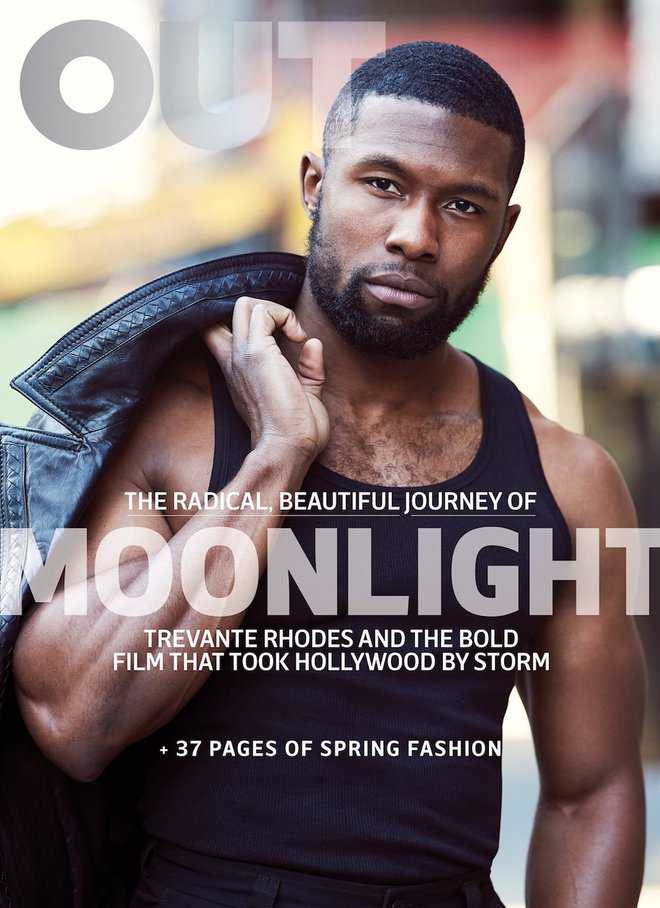Freedom of choice
From winning a record number of seats in Britain’s general election to the first gay Disney character, lesbian, gay, bisexual and transgender (LGBT) people garnered more positive headlines around the world in 2017 than ever before.
Here are five of the biggest gains for LGBT rights in 2017:
Breakthroughs for same-sex marriages
Same-sex unions became legal in four more countries — Finland, Germany, Malta and Australia — in 2017, while Taiwan is getting closer to become the first place in Asia that would allow gay couples to wed.
Finland’s same-sex marriage law, which was passed in 2014, came into force in March, and German lawmakers adopted one in June despite Chancellor Angela Merkel voting against the bill.
A month later, the predominantly Roman Catholic island nation of Malta — once a staunchly conservative nation — legalised same-sex union.
Australia became the 26th nation to allow same-sex marriage, which won overwhelming support in a postal vote and parliamentary approval in December.
In Asia, where no countries allow same-sex marriage, Taiwan’s constitutional court ruled in May that gay couples have the right to legally marry and gave authorities two years to amend the laws — first such ruling in the region.
Austria’s Supreme Court ruled in December that gay couples will be allowed to wed from 2019.
Game-changing year for LGBT films on the big screen
Moonlight, a drama about a gay black youth coming to terms with his sexuality in an impoverished Miami neighbourhood, became the first LGBT film to win the Oscar for best picture.
The cast and director of the film, which won multiple other awards ahead of Oscars, said they hoped to give a voice to characters not often seen in movies. “This movie exists as a beacon of inclusivity,” writer-director Barry Jenkins said. For the first time in its history, Disney featured a gay character in the live-action remake of Beauty and the Beast.
But the release of the film sparked calls among some ultra-conservative groups around the world for a boycott, including Malaysian censors who tried to pull the film.
LGBT lawmakers make record gains in UK and US polls
A record of more than 40 openly gay, lesbian or bisexual parliamentarians were elected in Britain’s June national election, which also saw the highest number of transgender candidates!
Five transgender politicians also scored wins in November in the first U.S. elections since Donald Trump became president, signalling growing acceptance in parts of the country despite his pushback on transgender rights.
Major brands, corporate giants embrace LGBT rights
Firms around the world are becoming more active in promoting diversity and LGBT rights, a trend hailed in September by the United Nations High Commissioner for Human Rights. Among others, Coca-Cola launched a gay-friendly ad featuring a brother and sister vying for the attention of handsome pool boy that won praise for diversity.
Banking giant HSBC introduced a range of gender neutral titles — such as Mx or Misc, instead of of the conventional Mr, Mrs or Ms — for transgender customers and others who do not identify as male or female.
The head of Qantas Airways, Alan Joyce, was among 20 high-profile chief executives who backed same-sex marriage ahead of Australia’s vote this year. He was hit in the face with a lemon meringue pie by a protester over his stance.
Same-sex couples allowed to wed in Scottish churches
The Scottish Episcopal Church (SEC) voted in June to allow gay marriage, the first such move for a major Christian church in Britain. Britain legalised same-sex marriage in 2014 but no major Christian church had allowed same-sex weddings until then.
The move was praised by rights groups but it put the Scottish church at odds with the wider Anglican communion, which has 85 million members worldwide and is headed by Britain’s Archbishop of Canterbury Justin Welby. Welby said in October that the SEC would be excluded from leadership roles in the Anglican Communion, the BBC reported. — Reuters









